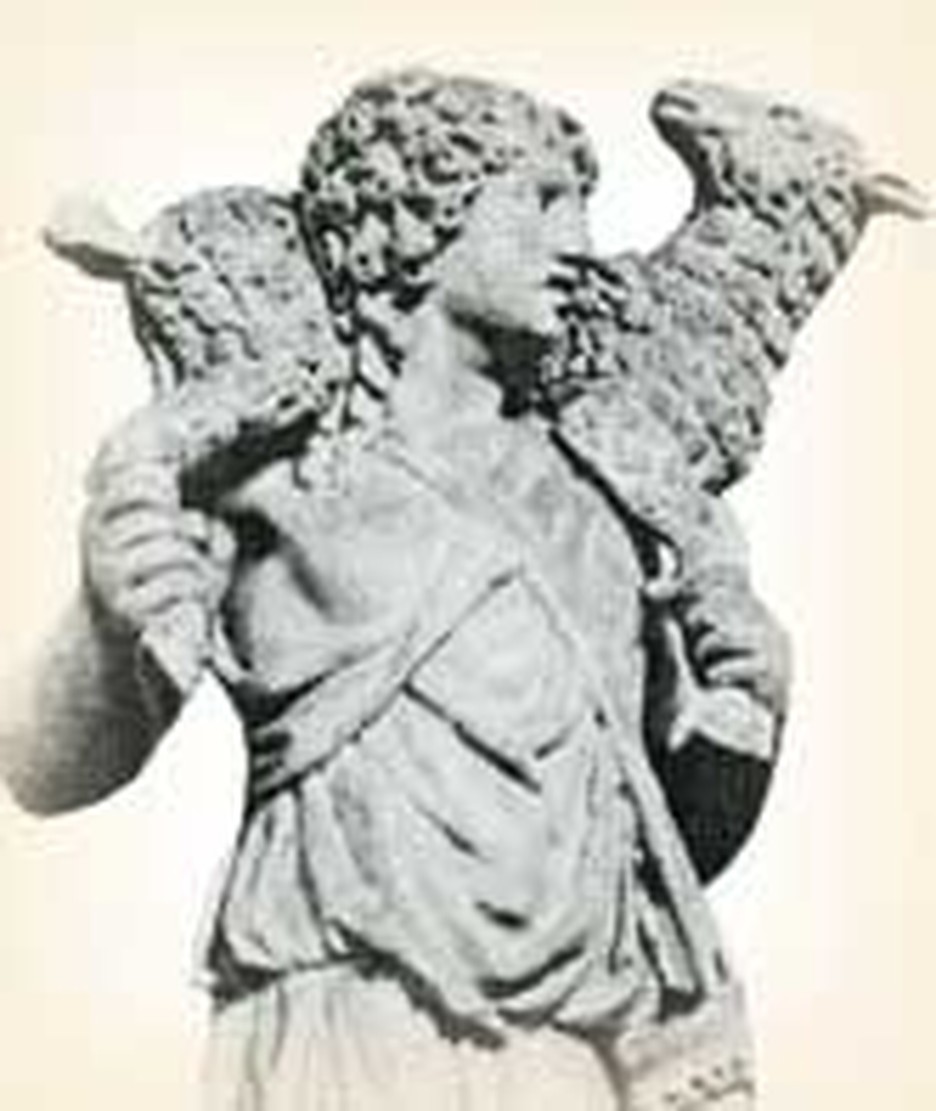
The familiar New Testament picture of Jesus taking a child in his arms and receiving him with love portrays an attitude of care and concern for children found nowhere else in the ancient world. Children, along with women, old men, and slave, were viewed as physically weak burdens on society who had little value to the wider life of the community. In Greece and Rome, it was an accepted practice to abandon unwanted children along the roadsides to die.
Jesus, however, seemed to always find time for youngsters; he told his disciples that unless they became like little children they would not enter the kingdom of heaven. He warned his followers not to despise children or to cause them to stumble. Children were valuable and were to be treated with love and care.
Early Church
Jesus' teachings concerning children were faithfully followed by the early
church, which believed that to receive a child in the name of Christ was
to receive Christ Himself. Admonitions against the pagan practices of
abortion and child abandonment were found in the earliest Christian writings.
The Epistle of Barnabas commanded: Thou shalt not slay the child by procuring
abortion; nor again, shalt thou destroy it after it is born. Thou shalt
not withdraw thy hand from thy son, or from thy daughter, but from their
infancy thou shalt teach them the fear of the Lord.
Rescuing Deserted Babies
Christians began collecting infants abandoned by their parents and raised
them as their own. If pagans took in such abandoned children, it was most
often for immoral purposes. The second century Christian Justin Martyr
spoke out against the practice of abandoning children: As for us, we have
been taught that to expose newly born children is the action of wicked
men...We refuse to do this, first, because we see that almost all so exposed
- boys as well as girls - are brought up for prostitution. As the ancients
are said to have reared herds of oxen, or goats, or sheep, or grazing
horses, so now we see that you rear children for this shameful purpose.
Why was the early Christian attitude toward children so unusual? Simply because it recognized the child as a person. Both children and adults were equal in the kingdom of God. The Christians taught that God cared for children, as well as slaves, women and barbarians, just as much as He did for men. Entrance into the Kingdom of God did not depend on wealth, status, learning, or personal merit. Therefore, salvation was open to children as much as to adults.
No Sunday Schools Yet
Although children were accepted as part of the early church, there were
no Christian educational programs for children. There were classes for
catechumens or those wishing to join the church, but no specific classes
or schools for children. In part this was due to the poverty of the early
church and the persecution the church endured for the first centuries.
And there was the conviction that such training was primarily the responsibility
of the parents. Several church leaders addressed letters or sermons to
parents instructing them in the proper Christian training of their children.
Untamed Creatures
In the fourth century John Chrysostom wrote The Right Way for Parents
to Bring up Their Children stating that children were untamed wild
creatures who needed many restraints to bridle their unruly natures. Parents,
he said, should be more concerned about training a child's soul in virtue
than educating him in literature or the arts. Chrysostom told parents
that if good precepts are impressed on the soul while it is yet tender,
no man will be able to destroy them when they have set firm.
Dyed in the Wool Creatures
St. Jerome in his letters of advice to friends on the bringing up of their
children also emphasized the importance of the early training of children.
He believed that a child's early impressions were not easily erased. "You
cannot take the dye from wool that has been dyed," he said.
Tracing God's Hand
But perhaps the early church leader whose writings most revealed the importance
of childhood was St. Augustine. His Confessions was an autobiographical
account of his early life and conversion at the age of thirty-three. It
has been heralded as the first book to take childhood seriously. Augustine
unabashedly told of his boyhood pranks, his distaste for his studies,
his love for play, and his fits of temper. Yet, through all of his childhood
mischief and a licentious youth, Augustine traced God's hand continuously
at work drawing him to Himself. God's grace was as much concerned with
a little child as with a mature adult. Augustine would have heartily agreed
with the familiar Sunday School song "Jesus Loves the Little Children,"
for he had experienced God's love and care in his childhood.
Augustine and the Pear Tree
There was no reason to steal the pears; he had plenty to eat. There was
no reason to throw the pears to the pigs; there was only the sheer delight
in doing something wrong. So Augustine in his Confessions told
of joining his comrades in stealing pears from his neighbor's tree. With
great openness and honesty, Augustine looked back on such youthful mischief
as evidence of his sinfulness and need of salvation.
Suggestions |


